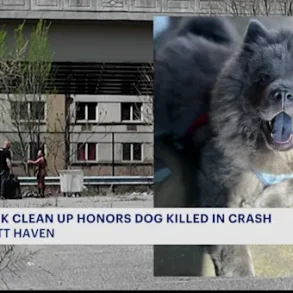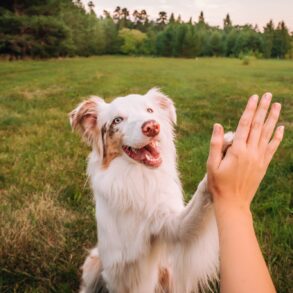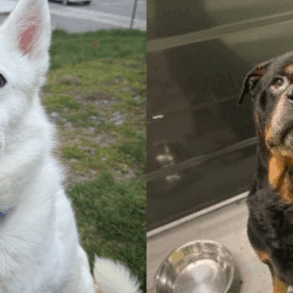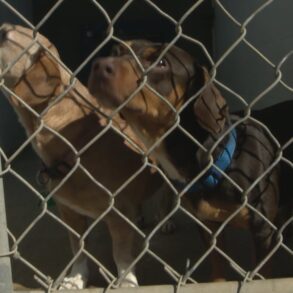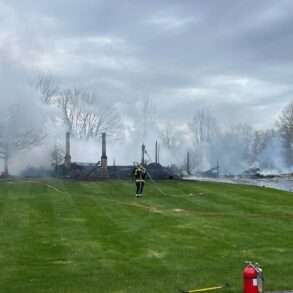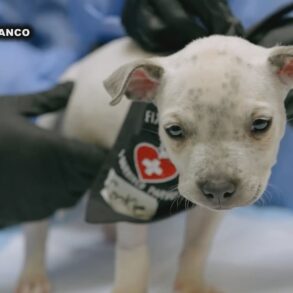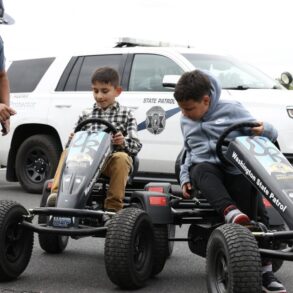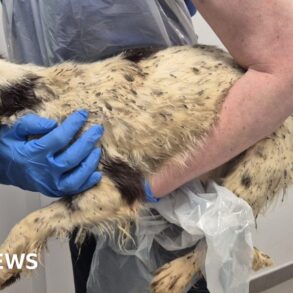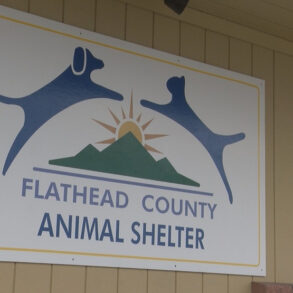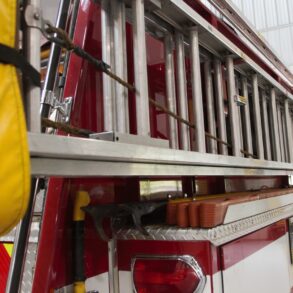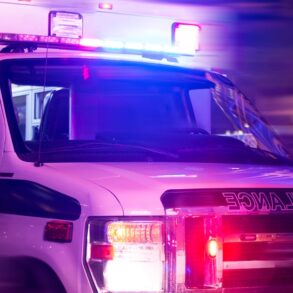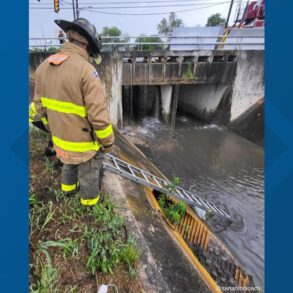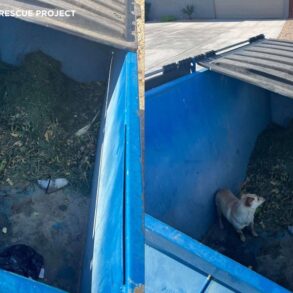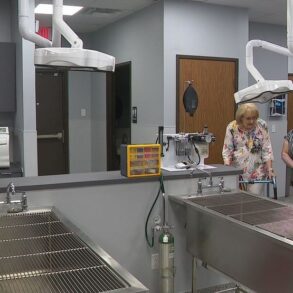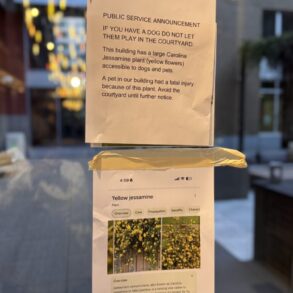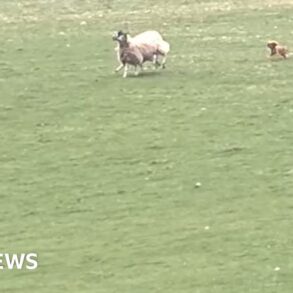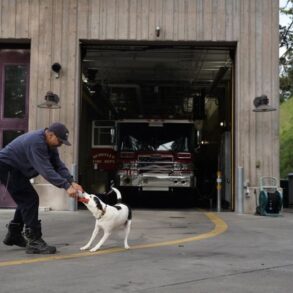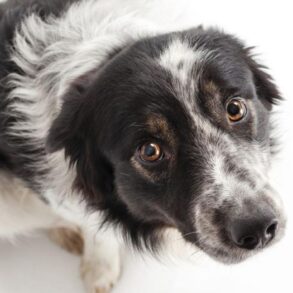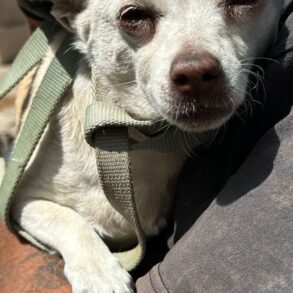Border security dogs are one of the most effective tools in stopping invasive species from hitching rides with air travelers, according to a new study from the University of Melbourne’s Centre of Excellence for Biosecurity Risk Analysis summarized on Phys.org.
These four-legged defenders are a key line of defense in places like Tasmania, where geographic isolation has curated a unique ecosystem with fewer pests than mainland areas.
The research team analyzed a vast database tracking biosecurity interventions across millions of passengers flying into Tasmania from mainland Australia. Their statistical modeling revealed which security measures best catch potentially harmful materials.
Air passengers unknowingly transport invasive species through innocent items like fruits, vegetables, and animal products in their luggage. These unwelcome hitchhikers can devastate local ecosystems upon arrival.
When invasive species establish themselves in new territories, they often show aggressive growth patterns that native species can’t match. The resulting ecological damage can transform entire landscapes and threaten biodiversity that took millions of years to develop.
While human inspectors play an important role in border security, detector dogs performed well in the study. The canine officers excel at sniffing out undeclared materials that might otherwise slip through unnoticed.
These trained dogs’ presence boosted interception rates — particularly for items that could transport destructive pests like fruit flies, which threaten agricultural regions.
By preventing invasive species from gaining a foothold in a new area, dogs protect that area’s agricultural production, save millions of dollars in pest control costs, and protect isolated regions’ health and biodiversity.
For consumers, this means more stable food prices, reduced pesticide use, and protection of beloved natural areas and native wildlife that might otherwise face extinction because of aggressive invasive species.
“Dogs being great at sniffing things out might seem obvious, but measuring precisely how effective different interventions are, what they capture, and how, is incredibly valuable information for biosecurity operations,” said lead author Dr. Nicholas Moran.
TCD Picks » Upway Spotlight
💡Upway makes it easy to find discounts of up to 60% on premium e-bike brands
“Fruit flies are a serious risk to Tasmania, and many parts of the world. So, this work is about knowing what biosecurity interventions to deploy, and where is best to deploy them to reduce the risk of outbreaks.”
Join our free newsletter for good news and useful tips, and don’t miss this cool list of easy ways to help yourself while helping the planet.
This post was originally published on this site be sure to check out more of their content.





